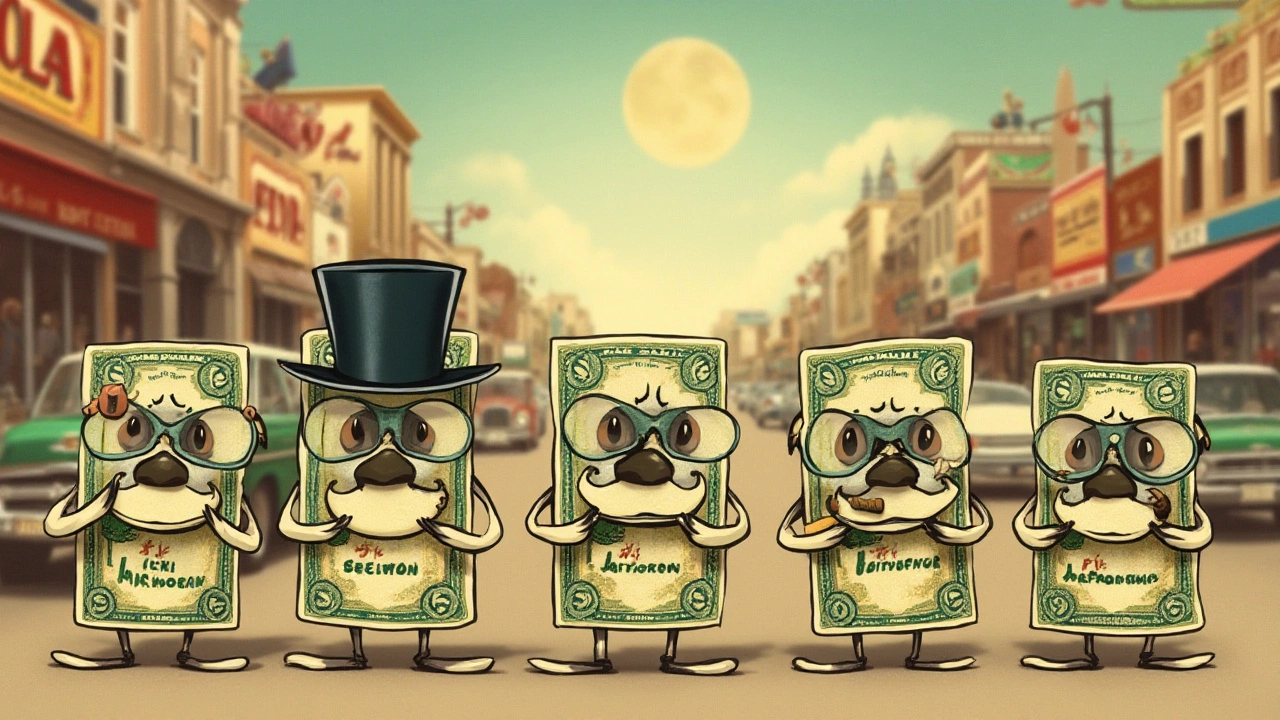American Slang: Quick Guides to Everyday US Terms
American slang changes fast, but you don’t have to feel left out. In this hub we break down the most common phrases you’ll hear on the street, in movies, and on social media. Each entry gives a plain definition, where you might hear it, and a short example so you can start using it right away.
Money Slang You Hear All the Time
Money talk is where slang thrives. Take “a stack,” for instance – it means a thousand dollars. Writers love it because it sounds cool and saves space. You’ll also see “grand” or “k” for the same amount. Another favorite is “buck” for a single dollar, a term that’s been around for generations. When you hear someone say, “I just earned a stack,” they’re bragging about a big payday.
Everyday Phrases You’ll Pick Up
Beyond cash, the US loves short, punchy sayings. “Ghost” means to disappear without warning, especially in texting. If someone says, “He ghosted me,” they stopped replying. “Lit” describes something exciting or excellent – “That concert was lit!” is a rave. “Salty” isn’t about seasoning; it means feeling annoyed or bitter, like “She’s salty about the loss.”
These terms often blend into regular conversation, so spotting them is easy if you pay attention. TV shows, memes, and TikTok videos are gold mines for new slang. When a phrase catches on, the meaning stays consistent across most regions, even if the accent changes.
Our tag page gathers articles that dive deeper into each phrase. For example, the post “What Does ‘A Stack’ Mean in Slang?” walks you through the history, shows how it appears in songs, and offers a quick quiz. Another article, “What Is a $20 Bill Called?” lists nicknames like “double sawbuck” and explains why people still use them.
If you’re curious about how slang evolves, check out the timeline sections in each article. They map out when a word first appeared in a song or movie and note any shifts in meaning. You’ll see why “cool” stayed relevant for decades while other words faded quickly.
Using slang correctly can make you sound more natural in casual chats. The key is to match the tone and audience. A friend might love “fire” for a great pizza, but a boss probably won’t appreciate “That report was fire” in a formal email.
Ready to level up your American slang? Browse the list of posts below, pick a phrase that piques your interest, and try it out today. The more you practice, the faster it becomes second nature. Keep this page bookmarked – slang changes every year, and we’ll keep the latest updates right here.
Happy learning, and enjoy sounding like a native speaker in no time!
